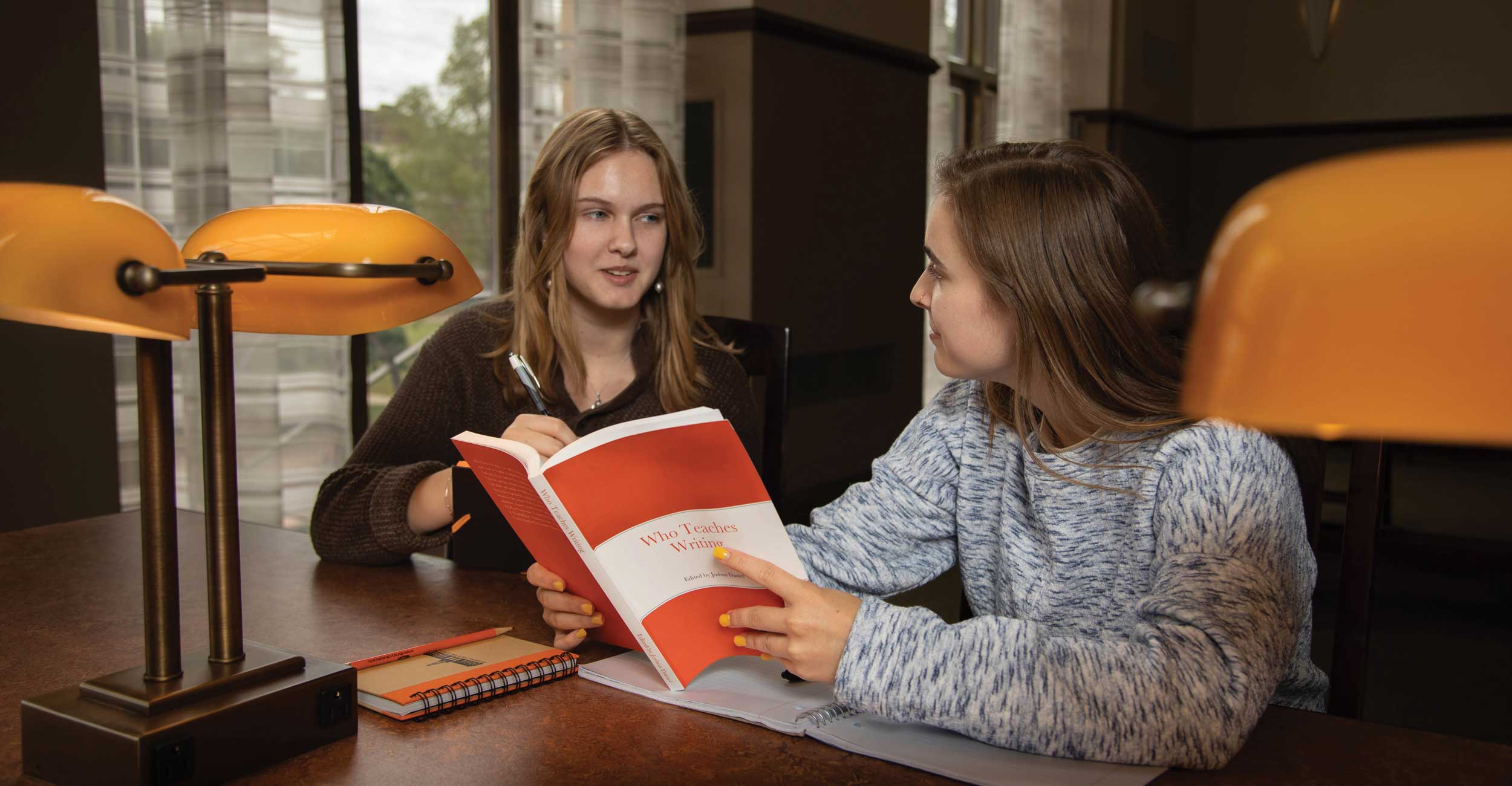
'Giving New Meaning to 'Open Book': Free textbooks, materials expanding accessibility for students
Tuesday, December 20, 2022
Media Contact: Mack Burke | Associate Director of Media Relations | 405-744-5540 | editor@okstate.edu
Who would write a book and then give it away for free? Turns out, a lot of people would, and it’s part of a movement that’s having a growing impact at Oklahoma State University.
Open Educational Resources, or OER, are research and classroom materials that are free for students to use. OER can include library resources, online articles and videos or open textbooks, which are published with a license that makes them free to use, distribute or adapt.
The library is the heart of the open movement on campus. Not only is the #OpenOKState team educating the campus about open issues, facilitating conversations and building a community, but they also provide support to instructors who want to create, adapt and share open textbooks.
“Our goal with open is to meet the research, teaching and learning needs of our community and to increase the visibility of the scholarship and innovative teaching of our faculty,” OER librarian Kathy Essmiller said.
Sections of more than 30 OSU courses are already using OER, and the savings are adding up for students. By the end of fall 2022, OSU students will have saved over $1 million combined.
A major contributor is one of OSU’s newest open textbooks, “Who Teaches Writing,” edited by Joshua Daniel, director of first-year writing in the English department. The book has been adopted by all sections of English Composition I on the Stillwater campus, so nearly every OSU student will now experience an OER course.
“Shifting the English comp program to OER is something I came here to do,” Daniel said. “It’s been a goal since day one.”
Daniel started leading the composition program in summer 2020. One of his first projects was to lay out a plan to move the entire English composition sequence to OER by fall 2022. He connected with the library’s #OpenOKState team, and things started to fall into place. The library offered support, a publishing platform and funding to compensate authors.
“Through OER, students see that everyone contributes to knowledge, and multiple perspectives are a good thing. Students get to see that their voice matters, and that’s something we hope they take with them after graduation.”
“We also tried to represent diversity in a broad way, not just in terms of race and gender, which are a big part of it, but also looking at academic standing and rank,” he said. “Our authors include graduate students, adjunct instructors, tenure track and non-tenure track faculty. It was easy to do at OSU because we have such a large community.”
Daniel and the team ensured the students using the book were included in its development, as well. When students can engage in the creation process, they see themselves reflected in the work.
In spring 2022, the book was piloted in several sections of English Composition I. Feedback from these classes helped shape the version in use now. Even though the book is considered complete, the text can continue to evolve to meet the needs of the classes using it because it is open and adaptable.
“Open textbooks help students see that knowledge doesn’t just belong to people who can charge money for it,” said Simon Ringsmuth, teaching and learning librarian. “Through OER, students see that everyone contributes to knowledge, and multiple perspectives are a good thing. Students get to see that their voice matters, and that’s something we hope they take with them after graduation.”
Thousands of students will benefit from this free textbook. The impact reaches beyond OSU. Like every open textbook, anyone can use this book free of charge. “Who Teaches Writing” has been available for less than a year, but it is already being adopted at other institutions.
The open movement is more than free textbooks. It’s an entire area of research, scholarship and teaching that is having a transformational impact on education and improving access for students.
Photos by: Nina Thornton
Story by: Bonnie Cain-Wood | STATE Magazine
